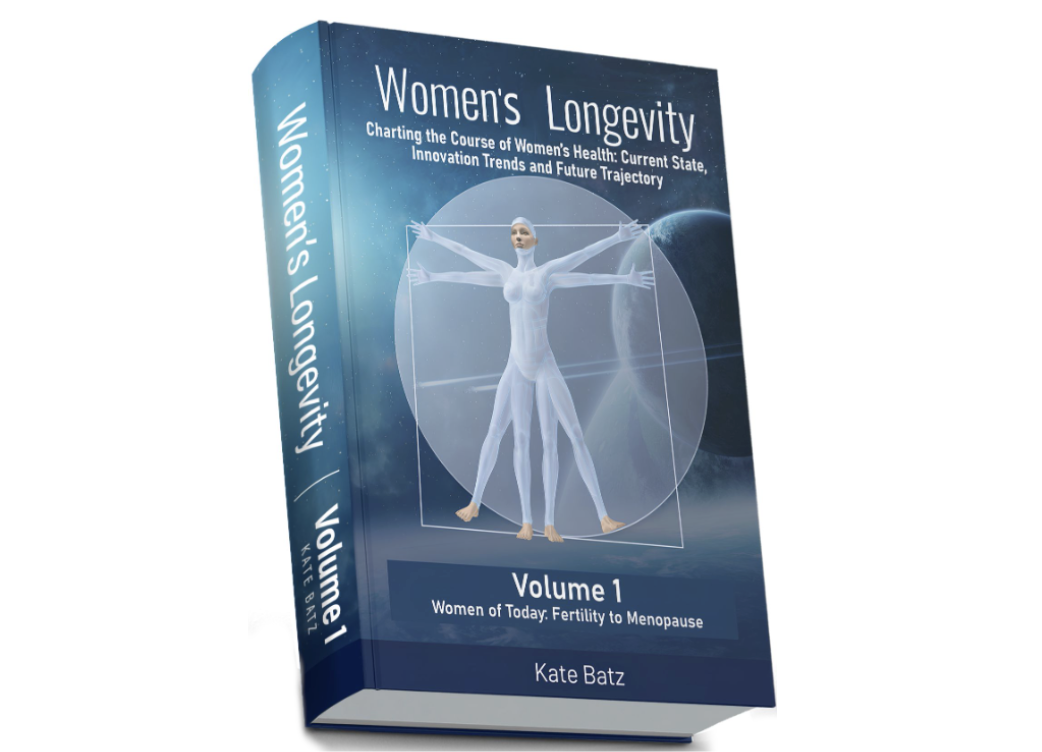Menopause: The Forgotten Phase of Aging
- Women’s Longevity

- Sep 22
- 3 min read
Menopause, the natural biological process that marks the end of a woman's reproductive years, affects over a billion women worldwide. Despite its profound impact on health and well-being, menopause continues to be one of the most under-addressed phases of aging in medical research, healthcare, and societal understanding. This oversight results in significant medical, economic, and societal burdens—burdens that could be alleviated with the right focus, resources, and innovations in care.

While menopause is not a disease, it has far-reaching implications for women’s health. The symptoms and challenges associated with menopause, such as hot flashes, sleep disturbances, mood swings, and osteoporosis, are often mismanaged or overlooked in mainstream healthcare. Worse, menopause remains a taboo topic in many cultures, leading to stigma and a lack of open dialogue. This silence contributes to an overall lack of effective care options and a general sense of isolation for women experiencing menopause.
The Economic and Societal Burden of Menopause
The under-addressing of menopause is not just a healthcare issue—it’s an economic and societal one. In the United States alone, menopause-related absenteeism and productivity losses cost businesses an estimated $26.6 billion each year. These costs stem not only from the direct impact of symptoms like hot flashes and fatigue but also from the increased risk of chronic conditions such as osteoporosis, heart disease, and cognitive decline, which often become more pronounced after menopause.
Despite these staggering statistics, menopause is underrepresented in medical curricula, with fewer than 20% of OB-GYN residency programs in the U.S. covering it comprehensively. This gap leaves healthcare providers ill-equipped to support women navigating this natural transition in their lives. Additionally, the lack of targeted research on menopause has delayed the development of effective treatments, leaving women with few options to manage their symptoms beyond basic hormone replacement therapy (HRT).

The Under-Representation of Menopause in Medical Research
The historical neglect of menopause in aging research is a critical issue that contributes to the poor healthcare response women experience. Menopause is often treated as a generic part of aging, with limited recognition of its unique challenges. As a result, women’s needs during this phase of life are overlooked in clinical trials, leaving the medical community without enough evidence-based strategies to address menopause effectively.
This under-representation has significant consequences for women’s health. Many women are left to manage the physical and emotional impact of menopause on their own, often seeking solutions through unproven supplements or unregulated therapies. The absence of robust research has also contributed to a general societal perception that menopause is something to be endured, rather than an opportunity for medical intervention and support.
Innovations in Menopause Care: A New Era of Solutions
Fortunately, the tide is turning. As awareness of the unmet needs in menopause care grows, innovative solutions are emerging that are transforming how we understand and treat menopause. FemTech, the fast-growing sector dedicated to technology-driven solutions for women’s health, has been at the forefront of these innovations. From hormone replacement therapy (HRT) to wearable devices that track symptoms in real time, FemTech is providing women with the tools they need to manage menopause more effectively.
One of the most exciting developments is the rise of AI-powered menopause platforms that use data to personalize care. These platforms combine symptom tracking, hormonal data, and wearable technology to create individualized treatment plans for women, improving the accuracy of symptom management and ensuring that interventions are more targeted and effective. Additionally, telemedicine platforms are making menopause care more accessible by offering virtual consultations with specialists and providing ongoing support for symptom management.
Wearable devices designed to track physiological changes during menopause are another groundbreaking innovation. These devices monitor variables like body temperature, sleep quality, and heart rate, providing real-time data that can help women better understand their bodies during this transition. This data can be used to adjust treatment plans, making menopause care more personalized and responsive to individual needs.
Breaking the Stigma Around Menopause
The cultural stigma surrounding menopause remains a significant barrier to women receiving the care and attention they need. For decades, menopause has been seen as a private, uncomfortable issue—something to be dealt with quietly and without much public discussion. This societal silence exacerbates feelings of isolation among women and prevents many from seeking help.
To address this, there is a growing call for public awareness campaigns aimed at breaking the stigma and fostering open discussions about menopause. These campaigns are designed to normalize the conversation around menopause, reduce shame, and encourage women to seek the care they deserve. By changing societal perceptions of menopause, we can make it easier for women to access care and support, both at home and in the workplace.




Comments